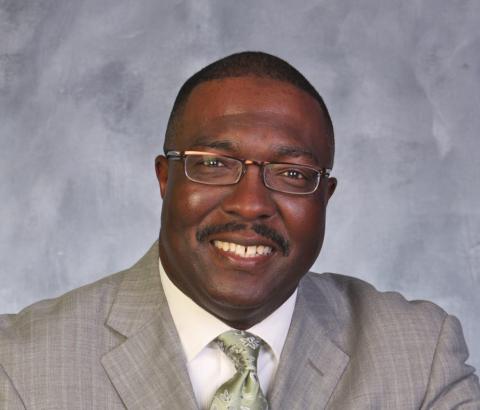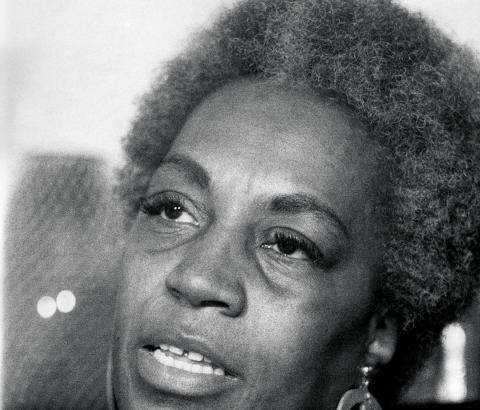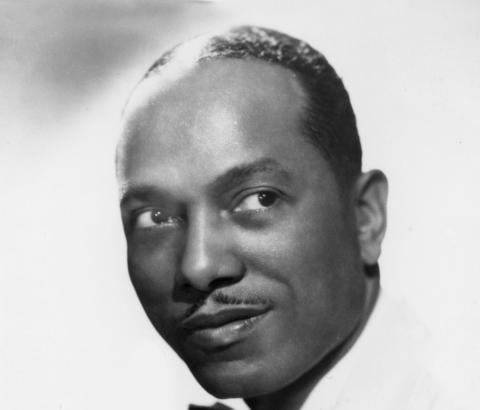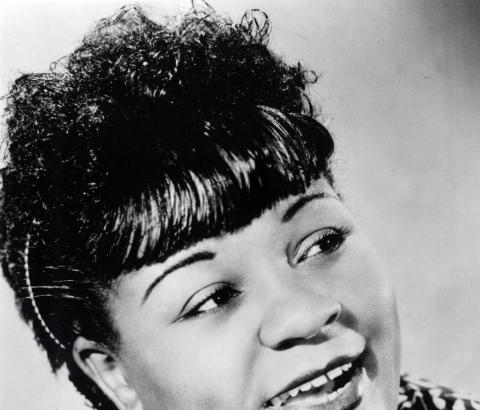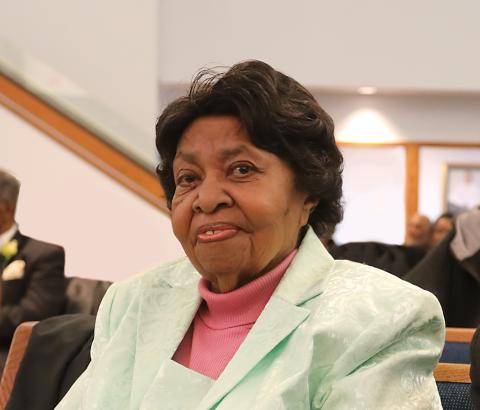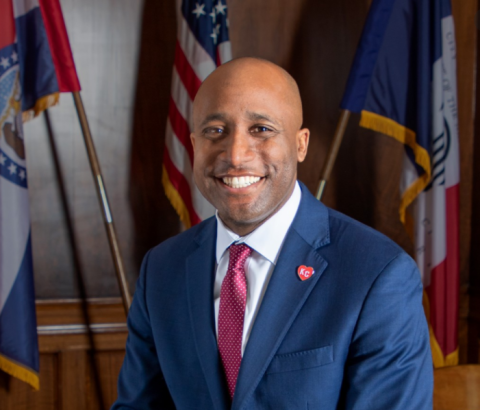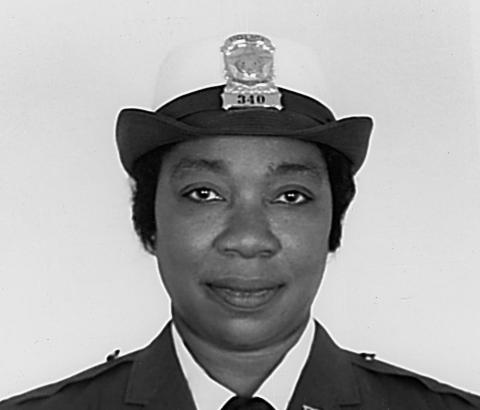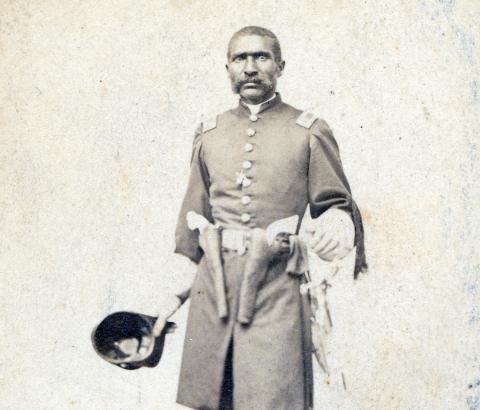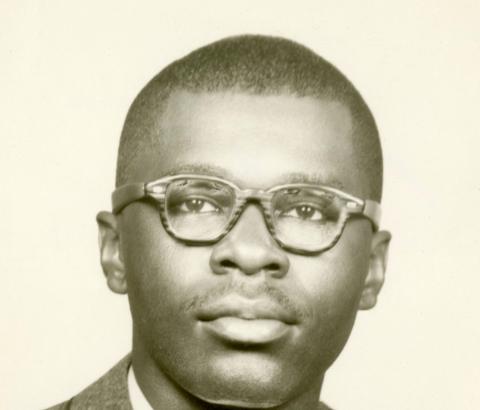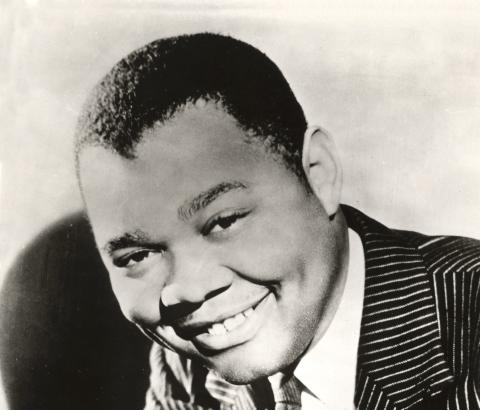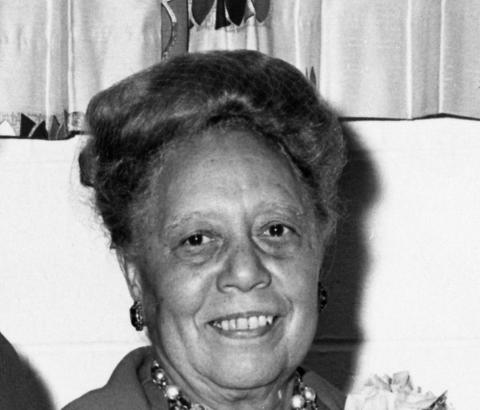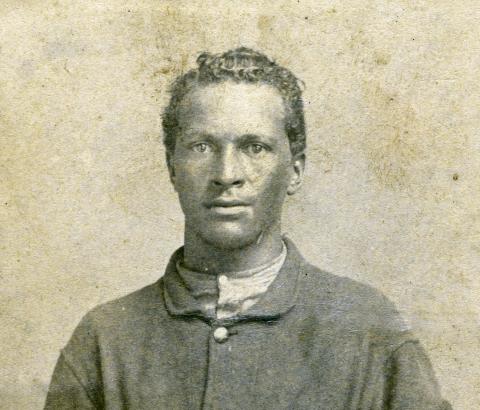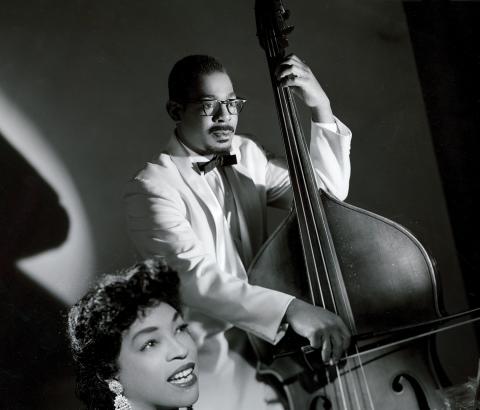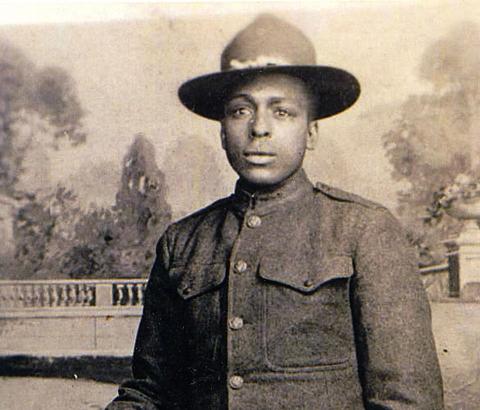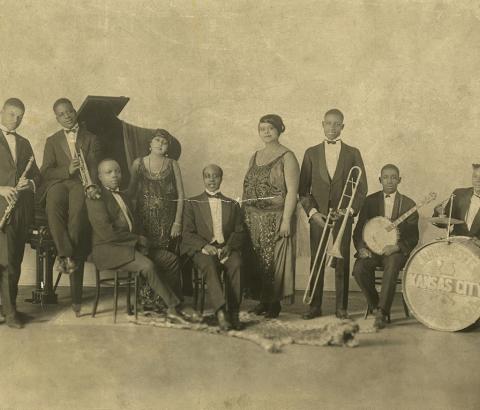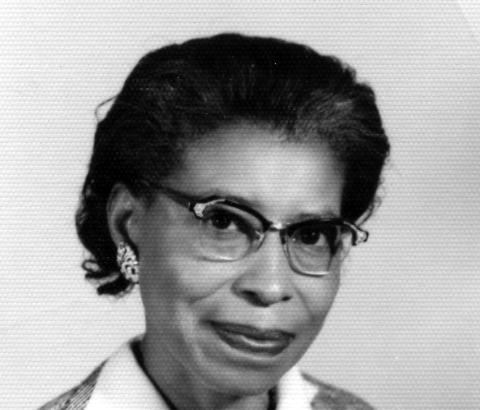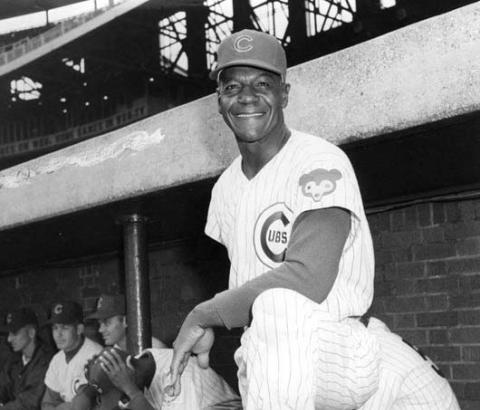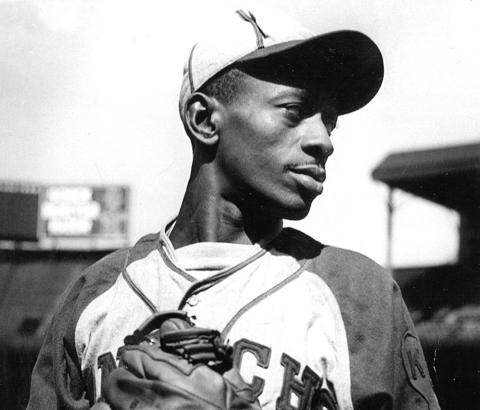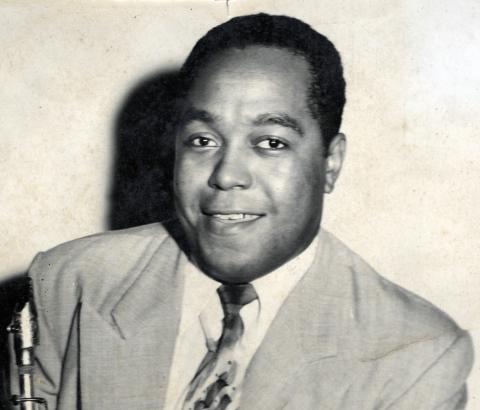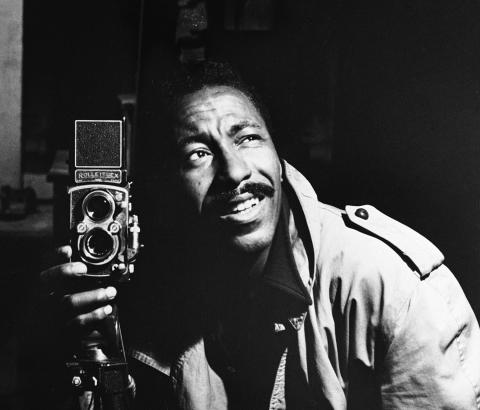When I started at the Negro Leagues Baseball Museum as a volunteer 27 years ago, I considered myself very much a baseball fan.
Articles
Florynce Rae Kennedy was a civil rights attorney and feminist activist. Her controversial tactics and provocative tone drew criticism but also helped publicize national debates on abortion, racism in the media, women’s equality, and consumer protection.
As a prominent big band leader, Andy Kirk popularized the Kansas City sound nationwide.
Rosemary Smith Lowe broke color barriers in a segregated city, forged Black political power, raised up neighborhoods and, even in her 70s, stood as a fulcrum of peace between police and angry youths.
When I got my first library card in 1993, I did not yet know that one day a Black man would be the president of the United States of America — or that I would grow up to become the mayor of the city I grew up in.
Rosie Mason was a law enforcement trailblazer, working 39 years in the Kansas City Police Department and serving as its first African American female officer.
Lt. William Dominick Matthews was an African American officer of the Independent Battery, U.S. Colored Light Artillery, at Fort Leavenworth.
Joelouis Mattox’s dream as a young man was to teach high school history. Military service altered his course, but history — the pursuit and preservation of Kansas City’s African American past — remained a lifelong calling.
James Columbus “Jay” McShann was a prominent and influential jazz pianist and band leader. Growing up in Muskogee, Oklahoma, he defied his parents’ disapproval of his musical inclinations and taught himself to play the piano.
As the founder and operator of Mrs. Meek’s Mortuary — recognizable for its pink limousines and building facade — Fannie L. Meek was a trailblazer, one of the few women of her time to go into the funeral business.
Bettye Miller and Milt Abel, a husband and wife musical duo, reigned over the Kansas City jazz scene from the 1950s through the 1970s.
The brief yet distinguished life of Wayne Miner was defined by sacrifice and valor. The son of former slaves, Miner was born in 1890 in Henry County, Missouri.
Benjamin “Bennie” Moten was an influential pianist and bandleader whose career was essential to the development of Kansas City-style jazz.
Corinthian Clay Nutter was a teacher who fought to expand educational opportunities for her students. She was born in Forney, Texas. Her family relocated frequently as her parents sought work, and Nutter had to drop out of school at age 14.
John Jordan O’Neil was born in Carrabelle, Florida. He was the second of three children born to John Sr., a sawmill worker, and Luella, a restaurant manager.
Legendary for his play and his personality, Leroy Robert “Satchel” Paige entered the National Baseball Hall of Fame in 1971, the first Negro Leagues player so honored.
Musical giant Charlie Parker was a key creator of bebop, the jazz style marked by improvisation, quick tempos, and virtuosic technique. Born in Kansas City, Kansas, and raised in Kansas City, Missouri, Parker attended Lincoln High School.
The son of a farmer in Fort Scott, Kansas, Gordon Parks defied racism and his own impoverished beginnings to become one of the world’s great photographers, as well as an internationally recognized writer, composer, and filmmaker.

